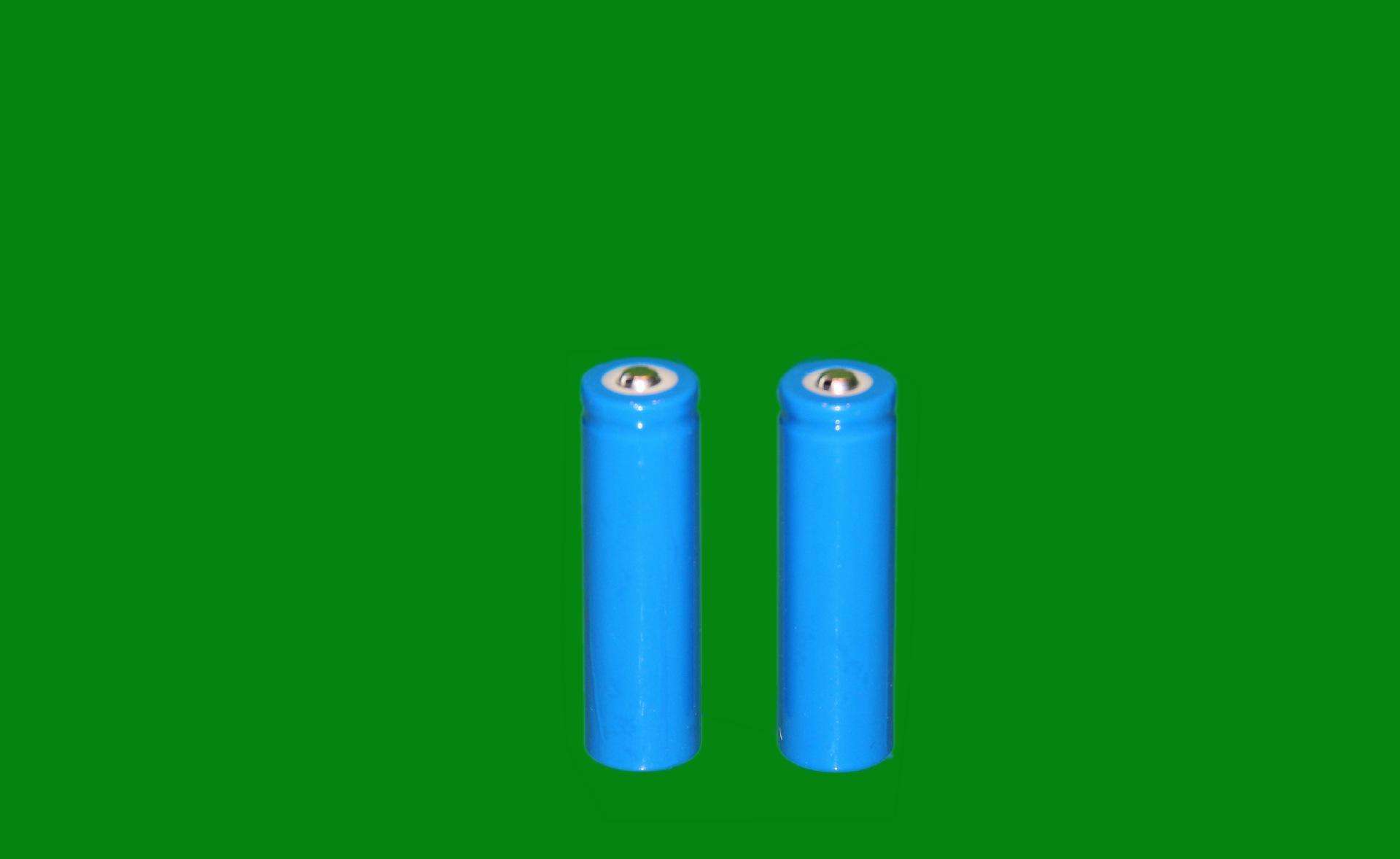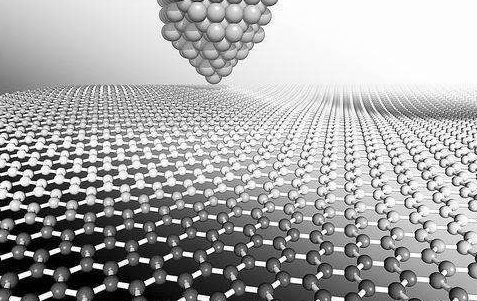Solid State Battery Vs. Lithium Ion
May 20, 2019 Pageview:2228
Lithium-ion batteries power everything: from our car to our cell phones. However, it seems that solid-state batteries will soon replace them. Did the end of the lithium-ion batteries come?
Solid-state batteries, that is, batteries that use solids instead of liquids to transport ions through their core, are attracting billions of dollars in investments.
In addition, sodium is cheaper than lithium, which would allow the development of more affordable energy storage devices, from small portable electronic devices to solar and wind farms. On the other hand, solid-state batteries do not catch fire, an issue that can happen with lithium batteries.

Subtitle: Solid State Battery Materials:
A lithium-ion battery is composed of two metal (or composite) electrodes, a cathode and another anode, immersed in a conductive liquid (electrolyte). The set is what is called a cell. And the combination of several cells forms the battery.
The main difference between a solid state battery and a lithium-ion battery is in the electrolyte. In the first case, it is a liquid, and in the second, a solid material that does not catch fire.
Subtitle 2: Lithium-Ion Battery Technology:
Lithium-ion batteries have transformed the foundations of the world's infrastructure. From the production of energy to the distribution of electricity, the transport of people and goods and the operation of computer devices and even the Internet.
A scenario that was analyzed during the aforementioned Congress, where the latest innovations in the field of batteries - sodium, without cobalt and even solid state batteries - were the main protagonists of the event. In addition, many researchers stressed that lithium batteries are more successful, in terms of power and low cost, compared with other potential competitors today.
The reign of lithium is more than justified based on several reasons. In the first place, the development of lithium batteries does not stop evolving, so that it improves between 5 and 10% annually in terms of energy density. As if that were not enough, lithium-ion batteries are increasingly competitive, from the economic point of view, compared with other proposals. It is becoming cheaper to manufacture these batteries, whose applications are expanded, including stationary storage at any scale and its incursion in the field ofspecial.
The potential is very interesting in this area, since it would allow offering shorter flights (one or two hours) faster but less noisy and with low environmental impact — flights to generate fewer emissions of CO2 at a cost lower than the current one. With regard to long-haul flights, the conversion to electric mobility is expected in the long term.
Subtitle: Solid State Battery And Lithium-ion Battery Comparision:
Lithium-Ion Battery Vs. Solid-State Battery:
Lithium-ion batteries have two solid metal electrodes with liquid lithium salt that functions as an electrolyte. The ionic particles move between the electrodes from one to the other while the battery is charged. While when it is discharged, it goes in reverse, and the electrolyte is the medium that allows this movement. When we see a battery corroded or "exploded" with its acid outside, this is the liquid electrolyte.
While the solid-state battery has the positive and negative electrodes that are metal parts, the big difference is that the electrolyte is also a metal piece, an alloy, or some synthetic material. So it does not move and hence the name solid state, like the SSD that uses flash memory and not a disk in motion.
While the idea of a solid-state battery is nothing new, now is when its development is beginning since electronics companies, and even cars need a battery that breaks the limits of lithium ions.
Advantages Of Solid State Batteries:
In short, these batteries have a longer charge duration, faster charging times, and are safer. These batteries are flatter, but they can retain the same amount of power as a large battery.
That is, if we replace the current lithium-ion battery of one of our devices with a solid-state battery of the same size, we will get longer battery life. But in addition, they are much safer because they are not flammable or spill toxic liquids or produce so much heat.
In short, according to research, a solid state battery exceeds by 500% lithium ion. But this only from the point of view of capacity, in terms of charging time would be in a tenth of the time.

Advantages Of Solid Batteries Versus lithium-ion batteries:
Before we mentioned the subject of the add to in density, even though this will be talking about in more detail in the section on the capacity of batteries. The benefits would not only exist in there, but the solid complex for these batteries heats up much less than the current liquid. So we would get secure batteries.
This would mean that they would send out less heat to the smartphone itself, which previously make sufficient heat by itself with the operation of the processor, the different chips insert in its board and, above all, the screen. With less heat provided by the battery itself, the new solid lithium batteries would permit the phone to work more professionally. But let's see the advantages one by one.
When They Will Be Available?
Like any technology that is in development to the market, it is difficult to predict when it could be. However, many corporations are investing in research and development to market this technology. But it is expected that by 2023 it will be available in some vehicles.
Subtitle 4: Latest Developments In Battery Technology:

The future of battery power depends on the advancement of technology that evolves every time with more efficiency and competitiveness, considering the environment. The batteries of the mobile terminals (smartphones, tablets, laptops, etc.) have been pushing the limits of the Lithium-Ion technology to a higher speed and high energy density, such as ZenFone 4 Max with 5,000 mAh. Compared to other methods of storing energy for later consumption such as combustion (gasoline, diesel, biodiesel, ethanol, LNG, synthesis gas) or chemical batteries (lead-acid, nickel-iron ...), the battery Lithium-Ion has a reduced energy density.
Due to this market, but also to a growing need for renewable energy installations and mobility without emissions, batteries are silently adding to the technological revolution that will surely change the way we communicate, move and use energy.
- Prev Article: Do Lithium Batteries Leak?
- Next Article: Lithium-Ion Battery Memory Charging Cycling
Leave Message
Hottest Categories
-
Hottest Industry News
-
Latest Industry News









